 |
 |
 |
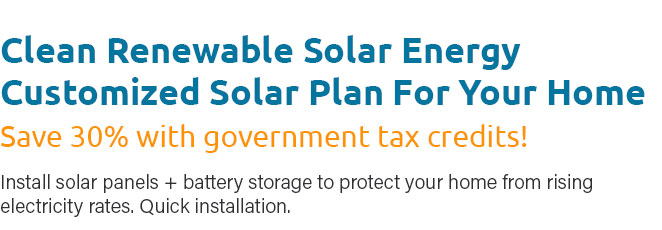 |
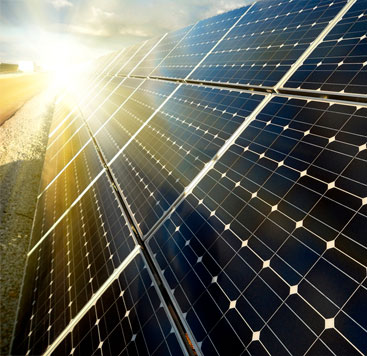 |
 |
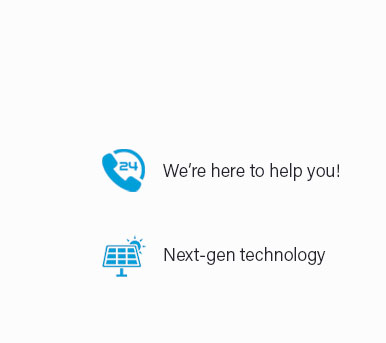 |
 |
 |
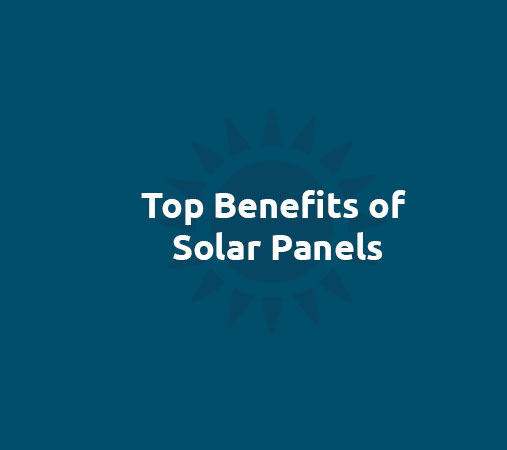 |
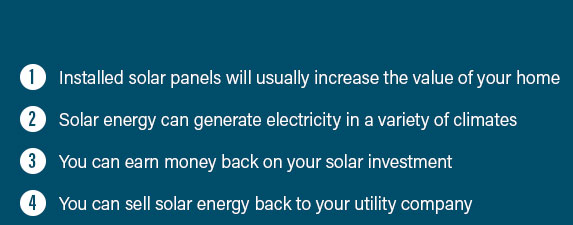 |
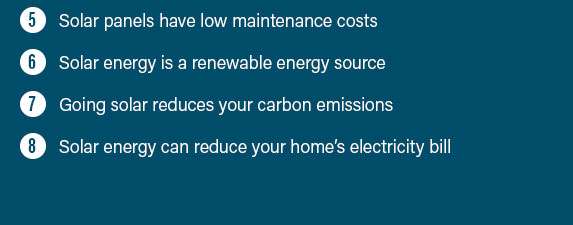 |
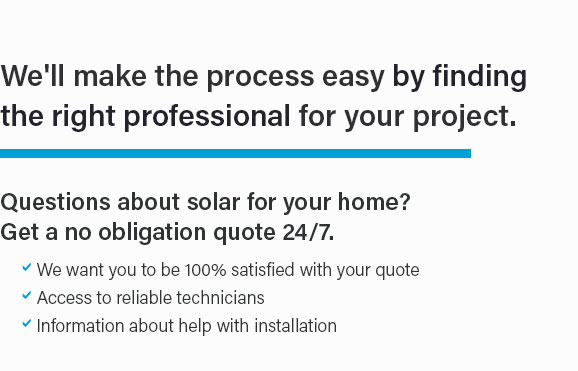 |
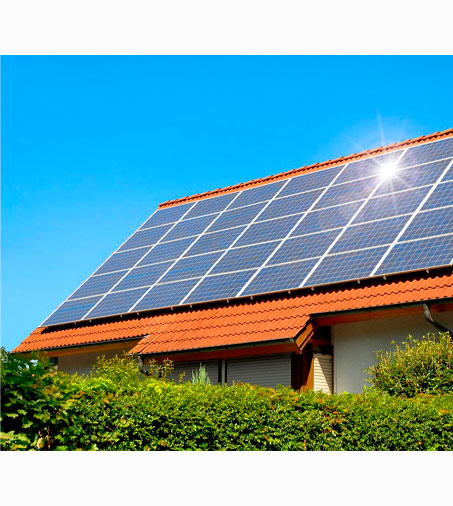 |
|
 |
 |
 |
|
Unleash the power of the sun with our expert solar panels installation quote-transforming your energy consumption into a sustainable future has never been easier; harness the unlimited potential of solar energy panels to slash your electricity bills, elevate your home's efficiency, and make a bold statement for the planet, all while enjoying seamless service and unmatched expertise that ensures every ray of sunlight is optimized for maximum savings-because when it comes to solar, compromise is not an option; step into the future with confidence and let the sun work for you.
https://richsolar.com/collections/solar-panels?srsltid=AfmBOorqz8SHcNZyYg0An3Jcuw_R52dnLLKgR_2LEsQ2U52o0v0sXjSc
Solar Panels for Sale: As the off-grid solar leader and top supplier of high-performance solar products, RICH SOLAR's MEGA Series Solar Panels meet all energy https://signaturesolar.com/all-products/solar-panels/?srsltid=AfmBOorKSYdDGfxdCk0ry0wKn4Y5xaDXt5Ds1aSqSMEOXyhwlqwEt9Uk
Signature Solar's premium panels deliver top-tier efficiency and durabilitypowering your energy needs with unmatched performance! https://www.renogy.com/solar-panels/?srsltid=AfmBOorWCG7v2ycP6vMthwSV6MUSxRjZ94qaSzExndQGgtnDbgo2B9z8
Where to buy solar panels? Renogy offers types of portable camping solar panels, home solar panels, is best place for solar panel wholesale and solar panel ...
|